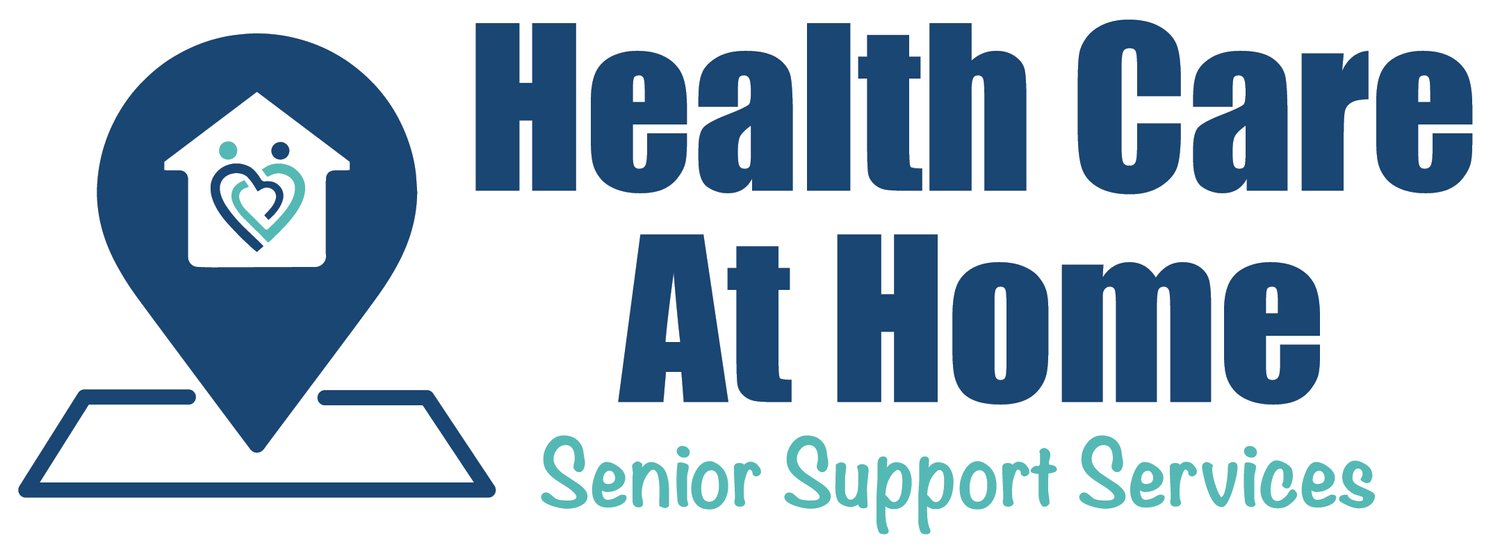It can happen seemingly overnight. One day, your aging parents are independent, managing their household, and enjoying their routines. The next, you're noticing little things – a forgotten appointment, a struggle with stairs, a meal skipped. Then, a bigger incident occurs – a fall, a medication mix-up, or a moment of confusion – and suddenly, the realization hits: Mom and Dad need help. This shift can feel jarring, both for you and your parents. It's a delicate transition, and Health Care At Home is here to help ease the way.
The Resistance is Real: Why Accepting Help Can Be Difficult
For many seniors, accepting help feels like admitting defeat. It can trigger feelings of vulnerability, loss of independence, and fear of being a burden. They might say "I can handle it," even when it's clear they're struggling. This resistance is often rooted in a desire to maintain control and dignity. It's crucial to approach this conversation with empathy and understanding.
Recognizing the Signs: When "A Little Help" Becomes "Necessary Care"
The signs that your parents need assistance can be subtle at first. Keep an eye out for these red flags:
Changes in personal care: Difficulty bathing, dressing, or grooming.
Meal preparation struggles: Forgetting to eat, eating unbalanced meals, or difficulty cooking.
Medication management issues: Missing doses, taking incorrect dosages, or confusion about prescriptions.
Increased forgetfulness: Difficulty remembering appointments, names, or recent events.
Mobility challenges: Difficulty walking, climbing stairs, or maintaining balance.
Changes in mood or behavior: Increased anxiety, irritability, or withdrawal.
Home maintenance decline: Neglected yard work, uncleaned house, or unpaid bills.
A Gradual Approach: Easing into Care with Health Care At Home
One of the biggest hurdles is the fear of losing complete independence. That's where Health Care At Home can make a significant difference. We understand the importance of a gradual transition, and we offer flexible care options, including shifts as short as four hours a day. This allows your parents to receive the support they need without feeling overwhelmed or losing their sense of autonomy.
How Health Care At Home Can Help:
Personalized Care Plans: We work with you and your parents to develop a customized care plan that addresses their specific needs and preferences.
Assistance with Daily Living: Our compassionate caregivers can assist with bathing, dressing, grooming, meal preparation, and medication reminders.
Companionship and Socialization: We provide companionship and engage your parents in activities they enjoy, combating loneliness and social isolation.
Respite Care for Families: We offer respite care for family caregivers, giving them a much-needed break and peace of mind.
Flexible Scheduling: Our flexible scheduling options allow you to start with short shifts and gradually increase care as needed.
Starting the Conversation:
Talking to your parents about needing help can be challenging. Here are some tips:
Choose a calm and private setting.
Express your concerns with love and empathy.
Focus on how care can improve their quality of life.
Involve them in the decision-making process.
Be patient and understanding.
The Transition to Care: A Journey, Not a Destination
Remember, the transition to care is a journey. It takes time, patience, and open communication. Health Care At Home is here to support you and your family every step of the way. We can help your aging parents maintain their independence, dignity, and quality of life, while providing you with the peace of mind you deserve.
Contact us today to learn more about how Health Care At Home can help your family navigate this important transition.
